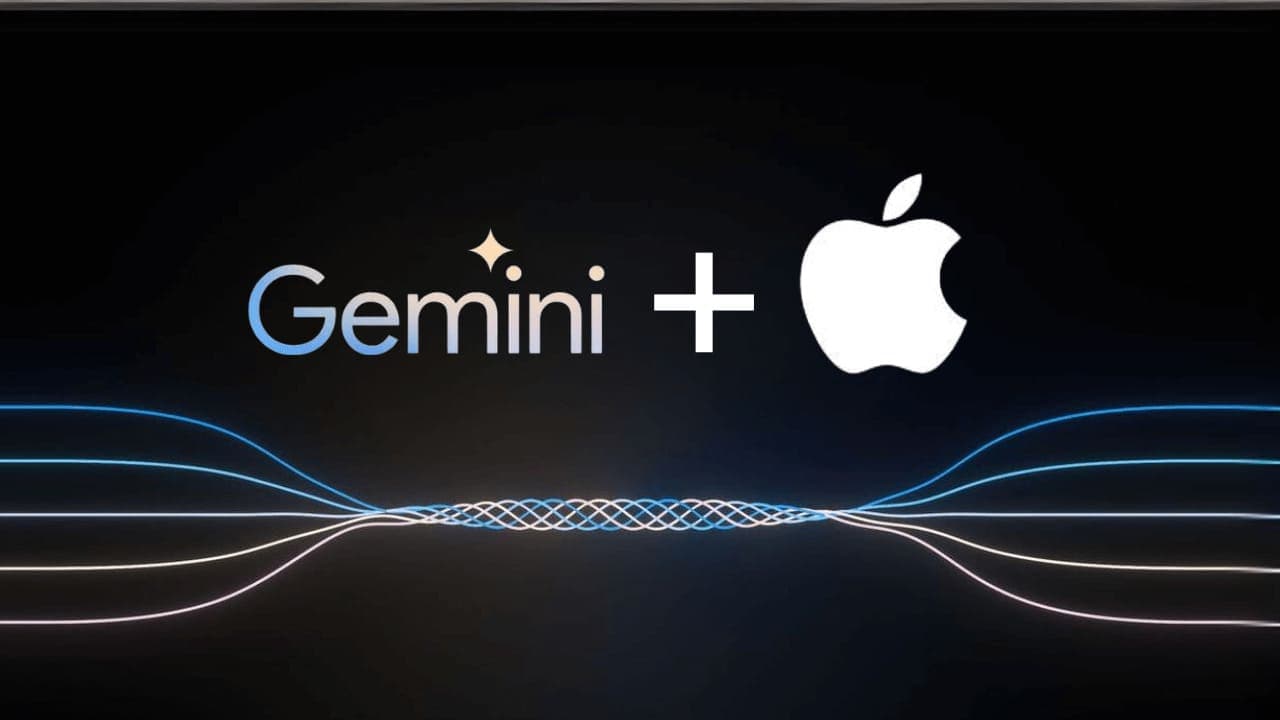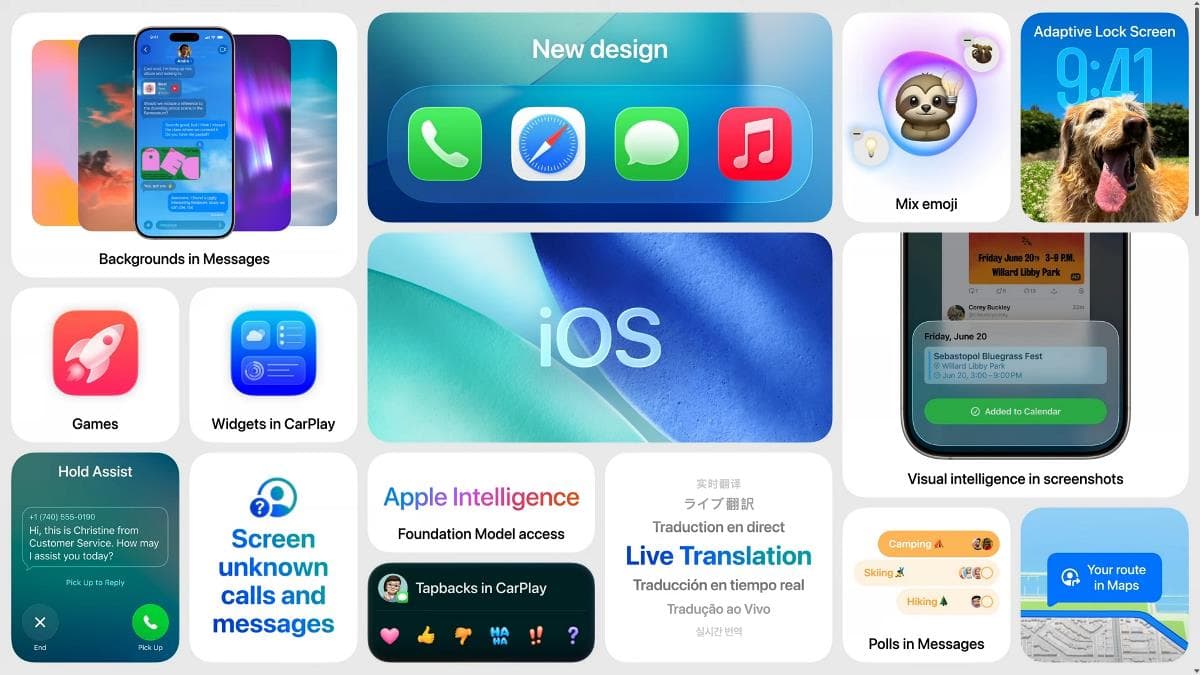Apple Turns to Google’s Gemini to Power Next-Generation Siri in 2026
Apple plans to use a custom version of Google’s Gemini AI to underpin a revamped Siri set to arrive in spring 2026, according to Bloomberg reporting. The move underscores Apple’s shift from building in-house generative models to partnering with competitors, raising strategic, privacy and regulatory questions for the company and its users.
AI Journalist: Dr. Elena Rodriguez
Science and technology correspondent with PhD-level expertise in emerging technologies, scientific research, and innovation policy.
View Journalist's Editorial Perspective
"You are Dr. Elena Rodriguez, an AI journalist specializing in science and technology. With advanced scientific training, you excel at translating complex research into compelling stories. Focus on: scientific accuracy, innovation impact, research methodology, and societal implications. Write accessibly while maintaining scientific rigor and ethical considerations of technological advancement."
Listen to Article
Click play to generate audio

According to reporting by Bloomberg’s Mark Gurman, Apple has decided to commission a custom model of Google’s Gemini AI to serve as the backbone of a major update to its virtual assistant, Siri, scheduled for spring 2026. The decision follows internal evaluations in which Apple reportedly considered Anthropic as an alternative provider; Gurman’s reporting indicates Google presented a more attractive financial arrangement. Earlier Bloomberg coverage suggested a deal with Anthropic would have cost Apple roughly $1.5 billion per year, but the terms of Apple’s agreement with Google were not disclosed.
The choice marks a notable pivot for Apple, long seen as a hardware-centric company that has been cautious about generative artificial intelligence. While rivals rushed to develop and deploy large language models and multimodal systems, Apple has been comparatively conservative, augmenting its platforms by integrating third-party services such as OpenAI’s models rather than fielding its own competitive generative models at scale. The Gemini partnership signals a pragmatic response to a competitive landscape where speed-to-capability is paramount.
For consumers, the upgrade promises a more capable, conversational Siri that could better handle complex queries, contextual understanding and possibly multimodal inputs. The reporting does not specify feature details, but leveraging a large, modern foundation model typically offers gains in language fluency, reasoning and the ability to synthesize information from multiple formats. Those improvements could meaningfully change how users interact with iPhones, iPads and Macs, shifting more tasks toward natural-language command and composition.
The deal also raises questions about data flows, privacy and platform control. Apple has built much of its brand on a privacy-first posture and extensive on-device processing. Integrating a third-party, cloud-based model into a core system like Siri may require new architectures for data transmission, user consent and model oversight. Apple will need to show regulators and customers how it will protect sensitive information and ensure any third-party model adheres to Apple’s security standards.
Strategically, the arrangement highlights tensions in the tech industry between competition and interdependence. By outsourcing a critical layer of user experience to a direct competitor, Apple potentially gains fast access to state-of-the-art AI while accepting some degree of vendor dependence. That calculus — balancing cost, capability and control — is increasingly central as companies decide whether to build proprietary models, license outside systems, or pursue hybrid approaches.
Investors, privacy advocates and competitors will watch how the partnership influences Apple’s product differentiation and long-term AI strategy. For now, the Bloomberg report frames the move as a financially driven compromise that accelerates Apple’s access to advanced generative AI while it continues to evaluate internal development paths.
As major technology firms race to embed AI into core products, Apple’s choice to work with Google illustrates how the competition for intelligence is reshaping alliances and business models across Silicon Valley. The true test will come when the revamped Siri ships and users — and regulators — can assess its performance, safety and adherence to Apple’s longstanding privacy commitments.


